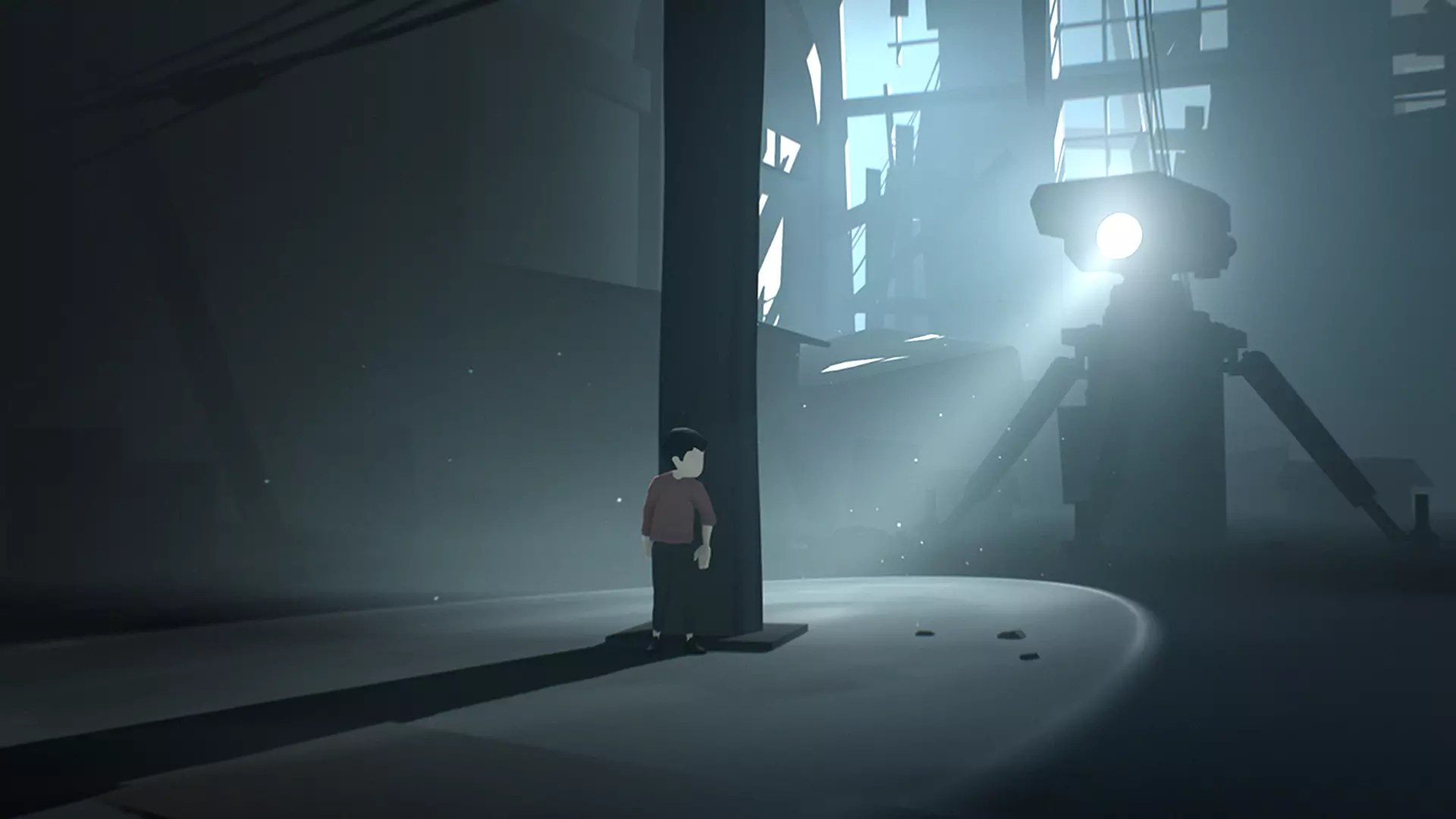The impending removal of beloved titles such as *Limbo* and *Inside* from GOG marks more than just a logistical update—it symbolizes a seismic shift in how the gaming industry manages intellectual property and developer relationships. These games, which broke new ground in narrative-driven puzzle platforming, have become cultural touchstones. Their sudden delisting raises questions about the stability of digital distribution platforms and the precarious nature of digital archive preservation. When such iconic titles vanish without warning, it is a stark reminder that the ongoing legal battles within the industry can directly threaten access to gaming history itself.
This situation underscores that gamers no longer possess a guaranteed right to revisit classics. Instead, they are at the mercy of corporate and legal machinations, which can abruptly alter the availability of culturally significant works. The removal of *Limbo* and *Inside* serves as a wake-up call: the infrastructure safeguarding our digital culture is fragile and often governed by interests that may prioritize legal disputes over preservation.
Inner Turmoil of Creative Pioneers and Its Consequences
The heart of this controversy lies in a deeply personal and professional feud between Playdead’s co-founders, Dino Patti and Arnt Jenson. Their split, which was made publicly visible through accusations and legal threats, has collided with the commercial realm, affecting consumers and fans alike. It highlights a paradox within the industry: groundbreaking creative collaborations can fracture internally, with these conflicts ultimately spilling over into the products and platforms that audiences cherish.
Patti’s departure and his subsequent ventures, like *Jumpship* and the release of *Somerville*, exemplify the entrepreneurial spirit thriving amid turmoil. Yet, the legal wrangling over *Limbo* and *Inside* seems to threaten the legacy these games represent. It creates a troubling narrative where artistic achievements are now intertwined with personal vendettas and legal strategies. This pattern threatens to diminish the trust consumers place in long-standing developers and platforms, fostering an environment where creativity is sometimes overshadowed by legal battles.
Implications for the Industry’s Future and Cultural Preservation
What makes this case particularly critical is the broader implication it holds for cultural preservation in the digital age. As more developers and publishers feud over rights and trademarks, the risk is that many precious works may become inaccessible, either temporarily or permanently. The gaming industry, which depends heavily on ongoing legal management rather than physical copies, stands at a crossroads—will it prioritize artistic legacy or legal dominance?
Furthermore, the controversy around Playdead’s legal disputes raises troubling doubts about the integrity of digital storefronts like GOG. While these platforms have historically championed indie games and retro classics, they now appear as collateral damage in legal disputes that may have little to do with consumers. The community’s response—urging players to acquire titles while they are still discounted—demonstrates a robust desire for preservation, but also highlights the vulnerability of digital ownership in an environment driven by litigation.
The removal of *Limbo* and *Inside* from GOG is more than a logistical annoyance; it epitomizes the tensions and instability lurking beneath the surface of the indie gaming landscape. The conflicts among visionary creators threaten the artistic continuity that made these titles so influential, casting doubt over how history is stored and accessed in a digital age. This episode underscores a fundamental truth: without deliberate efforts to safeguard artistic legacy amidst these disputes, future generations risk losing vital chapters of gaming history altogether.


Leave a Reply